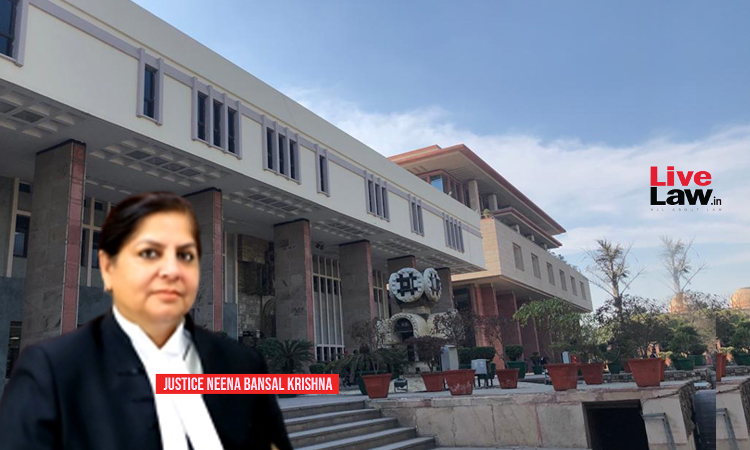Ban Imposed U/S 69 Of Partnership Act Has No Application To Arbitral Proceedings: Delhi High Court
Mohd Malik Chauhan
1 Nov 2024 7:05 PM IST

Next Story
1 Nov 2024 7:05 PM IST
The Delhi High Court Bench of Justice Neena Bansal Krishna held that the bar of Section 69 of the Partnership Act does not come within the expression “other proceedings” as used in Section 69(3) of the Partnership Act. Therefore, the ban imposed under Section 69 has no application to the arbitral proceedings.Brief FactsThe Petition under Section 34 of the Arbitration and Conciliation...
